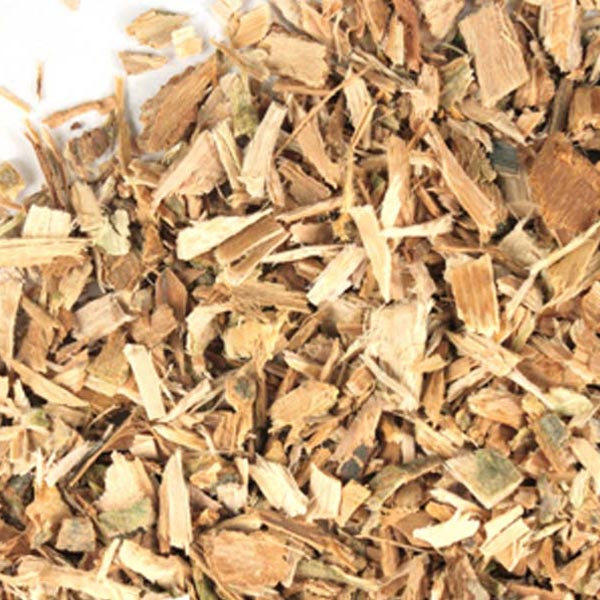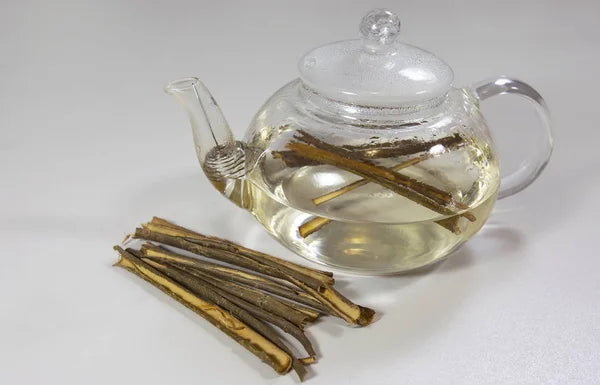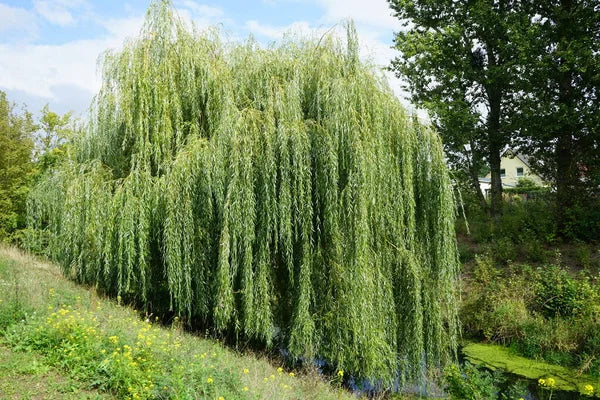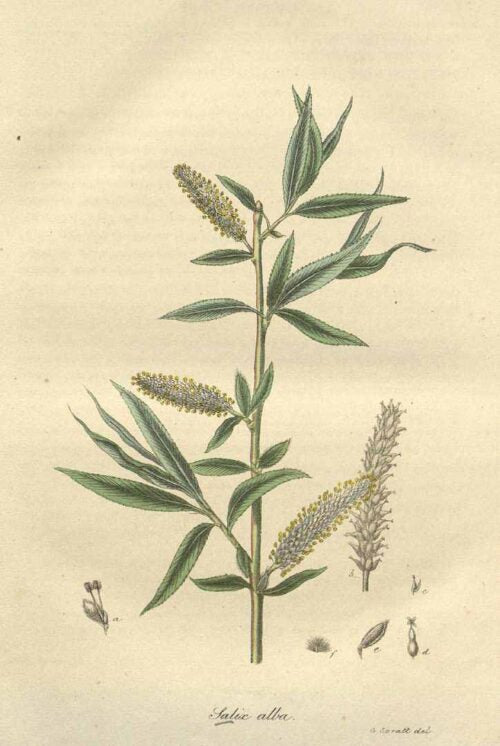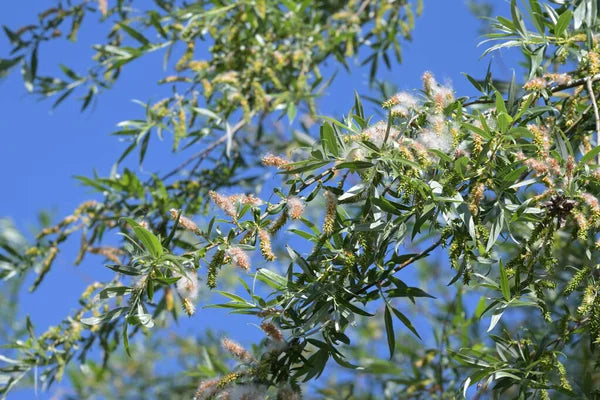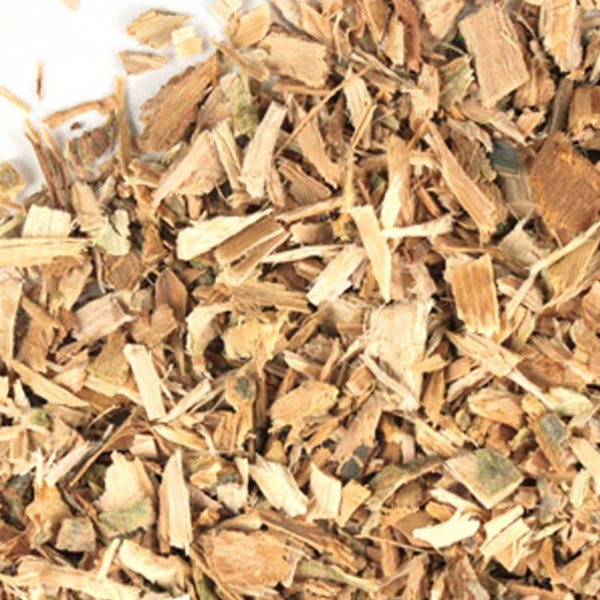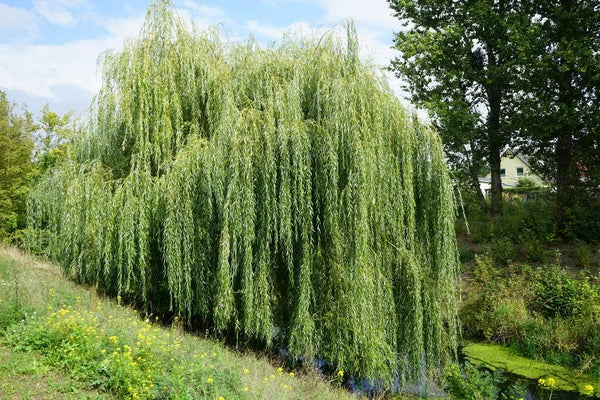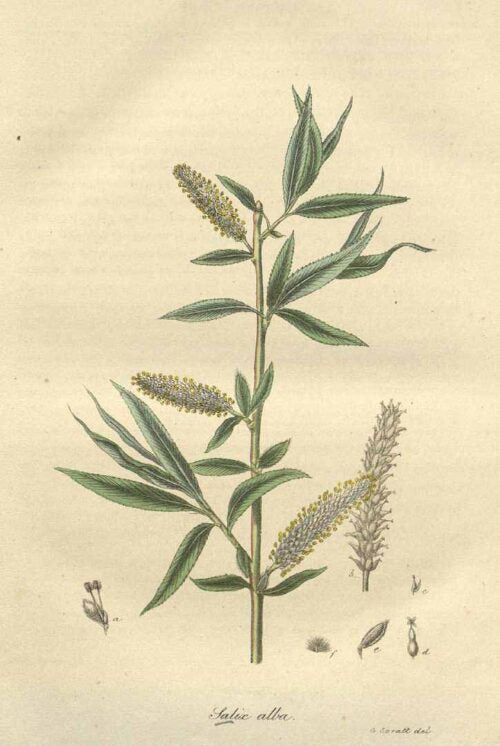White Willow Bark Cut Wild crafted
White Willow Bark Cut Wild crafted
Couldn't load pickup availability
White Willow Bark Cut Wild Crafted
Salix alba
White willow bark comes from the white willow tree, a deciduous tree commonly found along riverbanks in eastern North America, England, North Africa and parts of Asia.
What is white willow bark used for?
For centuries, it has been made into white willow bark tea to treat pain. The Native Americans specifically used it for fever and pain associated with arthritis. We now know that the white willow bark benefits come from a natural source of salicylates, agents collectively serving as the forerunner of aspirin. You can buy it in cut pieces for teas and tinctures. It has a slightly bitter taste, which is improved when combined with ginger or cinnamon when prepared as tea. Grind for use as a powder for inclusions in medicines, including salves, ointments, and most commonly, encapsulated in pill form.
Because the salicin content in willow bark occurs in relatively small amounts, some authors advise that it is impractical to use the raw herb and instead suggest the use of a willow extract (Spinella, 2012). One clinical study showed that a standardized willow bark extract containing 240 mg of salicin produced serum salicylic acid levels roughly equivalent those produced by 87 mg of aspirin; the researchers concluded that willow bark’s analgesic and antirheumatic effects are not likely caused by salicin content alone (Schmid et al., 2001).
Willow extract does more than ease pain, however. In fact, it offers a few notable advantages over its commercial counterpart. The body converts salicin into salicylic acid over a period of time. So while willow works slower than aspirin, it causes fewer gastrointestinal problems. What’s more, willow’s effects last longer in the body than aspirin. Finally, willow bark offers more than pain support; it contains antiseptic, antioxidant, and immune-boosting properties too, which may be due to polyphenols and flavonoids contained within the plant.
Do not use if you have an allergy to aspirin.
As with any herbal product, consult a healthcare professional before use, particularly if you are pregnant, nursing, or taking medication.
Disclaimer: This product and its benefits have not been evaluated by the FDA and are not intended to diagnose, treat, cure, or prevent any disease. Please consult your healthcare provider before making any dietary changes.
Share
